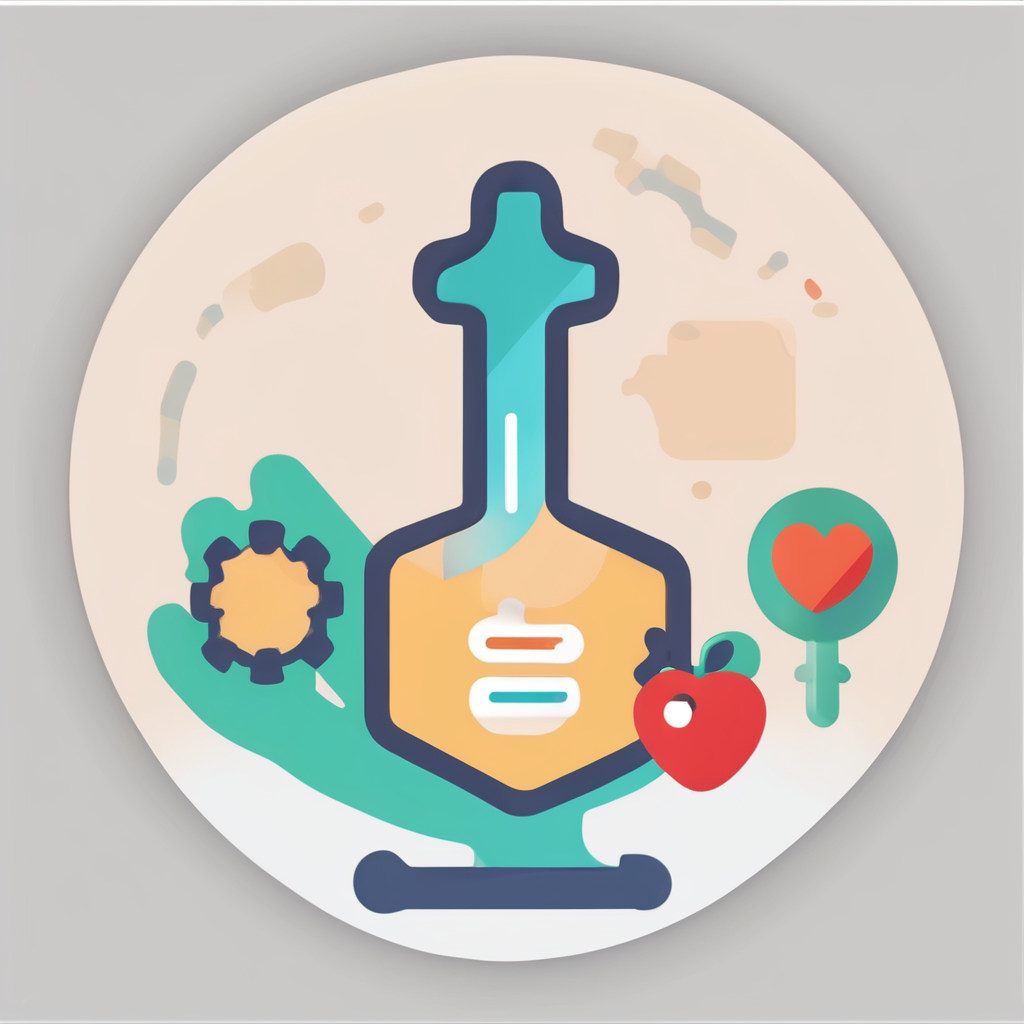Defining Digital Health Tools in the UK
Digital health tools in the UK encompass a variety of technologies designed to enhance personal wellness and healthcare delivery. These include mobile apps, wearables, telehealth services, and remote monitoring devices. For instance, the NHS app offers access to medical records and appointment scheduling, making healthcare more accessible to millions.
Wearables like Fitbit track physical activity and vital signs, empowering users to manage their health proactively. Telehealth platforms such as Babylon provide virtual consultations, which have become crucial in increasing healthcare reach across the UK, especially in rural areas.
This might interest you : Relieve hand pain with our top compression gloves choices
Within the UK health technology framework, digital health tools play a pivotal role in reducing pressure on traditional services. They enable continuous patient monitoring and early intervention, improving outcomes while saving costs. The integration of these tools supports personalized care plans, adhering to NHS England’s commitment to innovation.
Understanding how digital health tools function and their place in UK healthcare helps individuals make informed decisions about managing their wellbeing effectively. Exploring these technologies is an encouraging step toward a more accessible, patient-centered healthcare system.
In parallel : What initiatives are in place for mental health support in UK workplaces?
Impact of Digital Health Tools on Physical and Mental Wellness
Recent data from the UK highlights the growing role of digital wellness apps and wearables in enhancing both physical health and mental wellbeing. These tools have helped users manage chronic conditions more effectively by tracking vital signs and encouraging healthier habits. For instance, wearables can monitor heart rate and sleep patterns, offering personalized feedback that promotes better physical health.
Telehealth UK services provide accessible mental health support, offering therapy and counseling remotely. This convenience has increased engagement among people who might otherwise avoid in-person sessions due to stigma or logistical challenges. Users often report improvements in stress management and mood regulation, proving the benefits extend beyond physical wellness.
Real-world case studies show that combined use of digital health tools enables a holistic approach to wellness. One UK-based user shared how an app helped manage their diabetes, while telehealth consultations supported their mental resilience through anxiety episodes. Together, these tools form a robust support system tailored to individual needs. The positive experiences underline the transformative potential of integrating digital health tools into everyday health routines.
Regulatory Considerations and NHS Integration
Understanding the framework behind digital health in the UK
The NHS digital health strategy emphasizes integrating innovative health apps that meet rigorous standards. Only technologies approved under NHS Digital’s criteria align with NHS goals, ensuring patient safety and interoperability. This strategy supports tools that improve care without compromising clinical integrity.
In the UK, health app regulation falls primarily under the Medicines and Healthcare products Regulatory Agency (MHRA), NHS Digital, and data protection laws such as GDPR. MHRA oversees medical devices, including software classified as such, guaranteeing they meet essential safety and performance requirements. Meanwhile, NHS Digital ensures compliance with NHS standards for security, quality, and data governance. Protecting sensitive health information is vital, requiring strict adherence to digital health standards to build user trust.
Trustworthiness and data security are paramount. UK users expect transparent handling of personal data and confidence that apps comply fully with regulation. Compliance with these regulations not only safeguards patients but also encourages wider adoption of digital health innovations recommended by NHS digital health frameworks. This creates a secure, reliable environment fostering effective healthcare delivery through approved digital tools.
Practical Guidance for Incorporating Digital Health Tools
Enhancing personal wellness in the UK with digital health adoption
Choosing digital health tools that align with personal wellness UK goals is essential. Start by identifying your specific health needs—whether it’s managing stress, improving sleep, or tracking physical activity. Selecting user-friendly apps or devices that fit naturally into your lifestyle increases the chance of consistent use and achieving desired outcomes.
Integration into daily routines can be seamless. For example, set reminders on your smartphone to prompt mindfulness exercises or take breaks for physical activity. Embedding these habits into existing schedules—like pairing a fitness app with daily walks—encourages sustained engagement without feeling overwhelming.
Support is crucial for ongoing success. The NHS offers guidance and resources to help users navigate health technology advice. Charities and community programmes also provide tailored assistance, including workshops and peer support groups, which can enhance motivation and adherence. Utilizing these resources ensures users gain confidence and maximize the benefits of digital health adoption, fostering long-term improvements in personal wellness UK.



